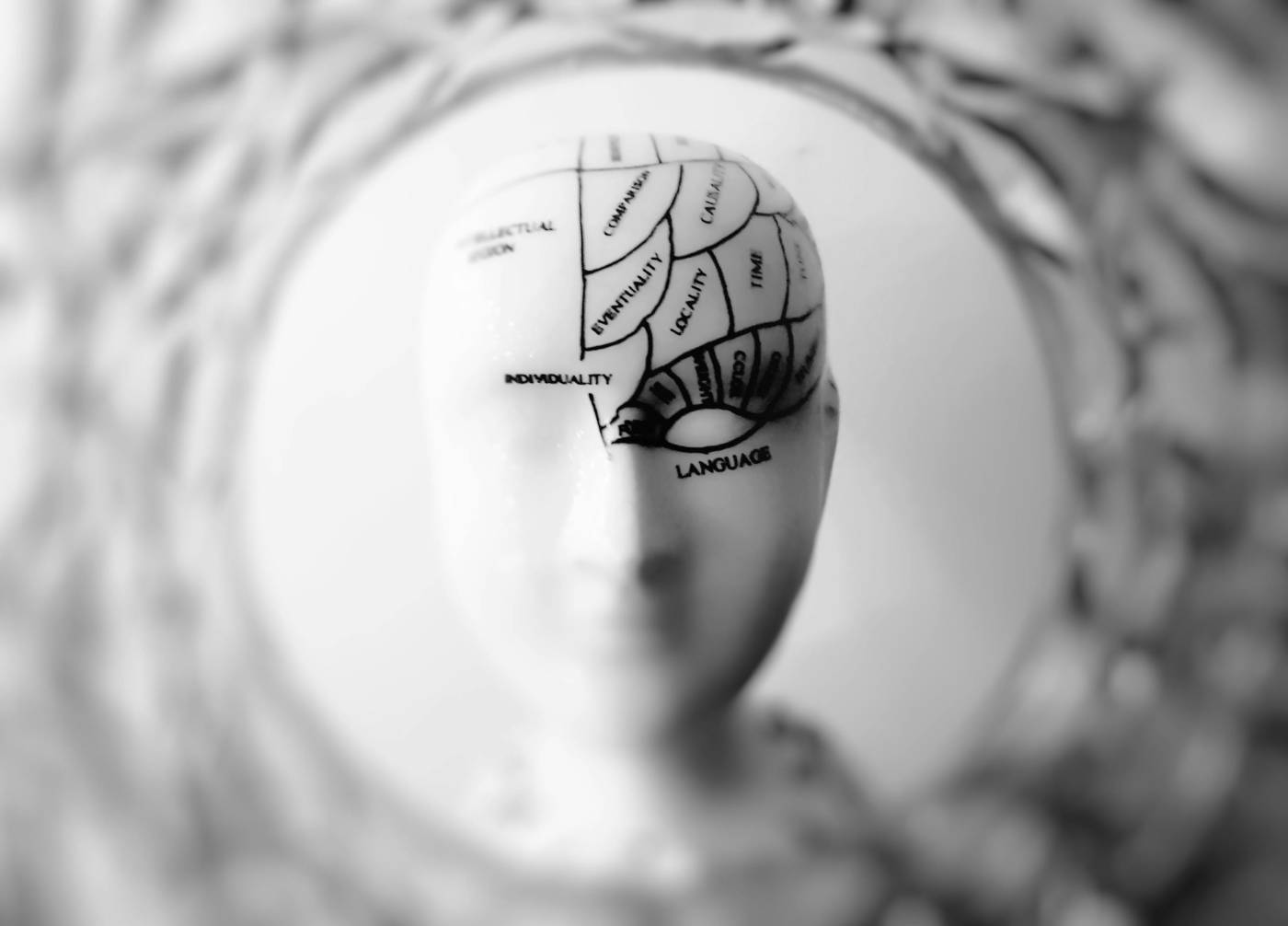Park Mental Health Treatment of San Diego emphasizes the power of self-care in preventing mental health crisis, creating a better quality of life.
Self-care. One word, separated by a hyphen and all too often thrown around, but not respected. It isn’t an idea. It’s a concept put into practice using a practical approach for emotional resilience. It plays a vital role in mental health by promoting wellness and a better quality of life.
Self-care can sound scary and it looks different to everyone. It could mean giving something up or taking something on. Or, pushing yourself instead of taking a break.
“What seems to be true right now is that anxiety, overwhelm and burnout are affecting people at unprecedented levels,” said Park Mental Health Director Mikayla Weathers. “We are all navigating high-stress environments, trying to keep a work-life balance and/or heal trauma.”
While often thought of as an individual task, self-care takes a village, with friends, families and communities coming together to recognize it as a critical component of mental wellness.
“We practice milieu therapy, which means that we see the community as the client alongside the individual,” she said. “Our clients are constantly having to look at themselves and how they relate to others and they start by practicing that in the client milieu so that they are better equipped to manage their friendships and family relationships when they leave treatment.”
Often misunderstood or underrated by the individuals who need it most, it’s not an understatement to say it can become a life-saving measure.
“Practicing self-care goes far beyond a night out or spa day,” Weathers said. “Once we learn how to prioritize our own well-being, we become more self-aware, present, resilient, and better able to cope with life’s challenges.”
As shared with clients at Park Mental Health, there are a myriad of self-care strategies to pull from and none are right or wrong–it’s just whatever works. However, there is a foundation from which to begin. The practices include meditation or quiet time, physical exercise, maintaining regular sleep and nutrition habits, practicing some kind of creative expression, seeking professional support and setting healthy boundaries at home, work and in social settings.
“Developing healthy relationships and healthy social skills, habits and developing effective communication skills are important parts of maintaining long term stability,” Weathers said.
Each of these alone or done altogether can help disrupt the pattern of what an individual is experiencing.
Another form of therapy used at Park Mental Health is Acceptance and Commitment Therapy (ACT), a powerful form of psychotherapy that helps individuals relate to and accept difficult thoughts and emotions. It emphasizes the importance of committing to actions that align with personal values and increases psychological flexibility.
“It promotes mindfulness, acceptance, and behavior change and allows the individual to manage their emotions more effectively, ultimately leading to a more fulfilling and meaningful life,” Weathers said.




